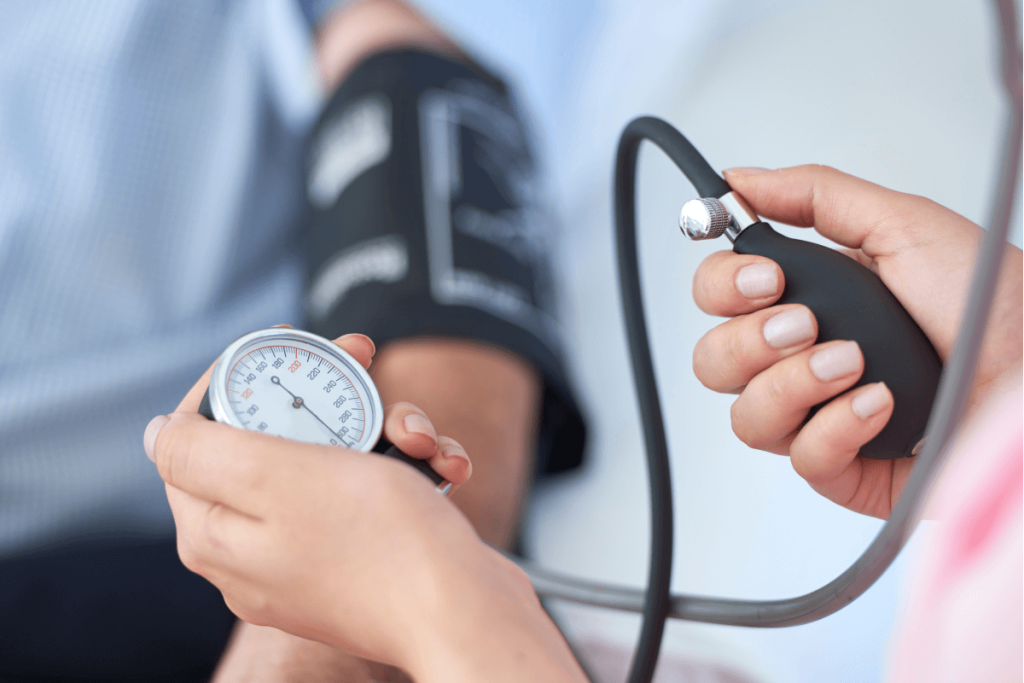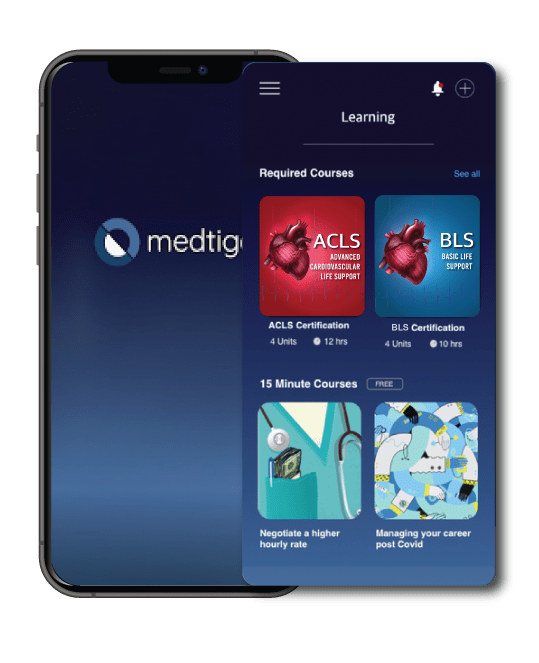
The American College of Cardiology (ACC) and the American Heart Association (AHA), in collaboration with 11 other professional organizations, have issued 2025 guidelines for the prevention, detection, evaluation, and management of high blood pressure in adults. These new recommendations replace the 2017 guidelines and set a new direction for addressing hypertension in public and clinical health sectors.
Hypertension is the most modifiable and prevalent risk factor of cardiovascular disease (CVD) globally. It contributes significantly to stroke, coronary artery disease, heart failure, kidney disease, premature death, and cognitive decline. About half of U.S. adults are affected, with marked differences in prevalence across race, sex, and age. The 2025 new guidelines emphasize that prevention by modification in lifestyle, including reducing sodium intake, adopting a heart-healthy diet like the Mediterranean or the Dietary Approaches to Stop Hypertension (DASH) diet, increasing dietary potassium, maintaining a healthy weight, stress management, moderating alcohol intake, and engaging in regular physical exercise.
The guideline involves recognition of socioeconomic status, social determinants of health, barriers to healthcare access that impact the risk and results, the local environment, and promotes equity-driven care and policy alterations. The guidelines highlight the accurate office-based measurement of blood pressure by using validated oscillometric devices for detection and diagnosis. It supports out-of-office monitoring like 24-hour ambulatory blood pressure monitoring (ABPM) and home blood pressure monitoring (HBPM), as it is necessary to confirm the diagnosis and identify the masked or white coat hypertension.
Screening programs in pharmacies, healthcare, and community settings are promoted to improve awareness and early detection. The guidelines maintain the threshold of ≥130/80 mmHg for diagnosis, and intervention starts in high-risk groups.
Pharmacologic treatment is recommended for adults with CVD, chronic kidney disease, diabetes, stroke, or those with a ≥7.5% 10-year predicted CVD risk. The first-line medications include calcium channel blockers, thiazide diuretics, angiotensin-converting enzyme (ACE) inhibitors, and angiotensin II receptor blockers (ARBs). For patients with stage 2 hypertension, combination therapy using two medications in a single fixed-dose pill is preferred to expedite control and improve adherence. The guidelines also emphasize the value of team-based treatment approaches, involving doctors, nurse practitioners, pharmacists, dietitians, community health workers, and other experts to eliminate the structural barriers to adherence and improve control rates.
Technology plays an important role in recommendations for HBPM integrated in the care plans, but caution is advised against cuffless devices like smartwatches. For severe hypertension (>180/120 mmHg) without acute organ damage, outpatient management with oral agents is advised, and intravenous treatment for true hypertensive emergencies.
Special populations are also addressed, such as individuals with resistant hypertension, who should be screened for secondary causes like primary aldosteronism without hypokalemia, and patients considered for renal denervation must go for a multidisciplinary evaluation and shared decision-making process. For pregnant women, new guidelines involve initial treatment at sustained readings of ≥160/110 mmHg, reduced chronic hypertension under 140/90 mmHg, and consider low-dose aspirin to decrease the risk of preeclampsia and contraindicate specific medications like renin inhibitors, atenolol, ARBs, and ACE inhibitors because of fetal harm.
The guideline suggests ACE inhibitors or ARBs for patients with chronic kidney disease and diabetes to slow disease progression. It suggests lowering blood pressure to 130-138 mmHg for at least 7 days for those with recent intracerebral hemorrhage. The guidelines integrate the hypertension management with broader CVD prevention strategies, associating blood pressure control with reductions in dementia, heart failure, and premature death. They also call for a public health strategy, collaboration with community organizations, improved access to affordable medications, dietary sodium reduction, and the use of digital health methods.
Overall, the 2025 AHA/ACC hypertension guidelines provide a comprehensive, equality-focused framework combining lifestyle interventions, social, pharmacological, and policy management. Experts emphasize that the successful implementation of these guidelines can significantly improve national blood pressure control, reduce disparities, and lower the burden of heart disease, kidney failure, stroke, and dementia for future generations.
Reference: Jones DW, Ferdinand KC, Taler SJ, et al. 2025 AHA/ACC/AANP/AAPA/ABC/ACCP/ACPM/AGS/AMA/ASPC/NMA/PCNA/SGIM guideline for the prevention, detection, evaluation, and management of high blood pressure in adults: a report of the American College of Cardiology/American Heart Association Joint Committee on Clinical Practice Guidelines. J Am Coll Cardiol. 2025. doi:10.1016/j.jacc.2025.05.007














